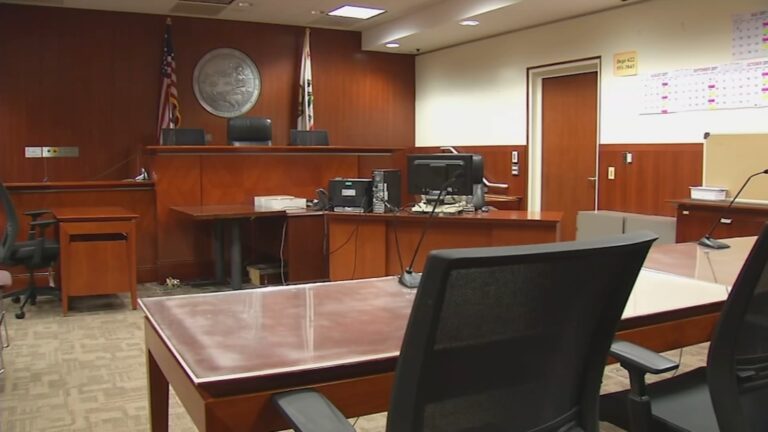San Francisco Public Defender’s Office Reduces Case Intake to Manage Overload
SAN FRANCISCO (KGO) — In response to overwhelming case loads, the San Francisco Public Defender’s office is implementing new measures to ensure quality representation for its clients. Public Defender Mano Raju announced that the office will begin limiting case intake one or two days each week.
Addressing Case Overload
Effective immediately, this decision aims to enhance client representation amidst growing pressures from rising case loads and budget cuts. Raju emphasized, “We cannot allow the representation of our clients to suffer, and if we take on more cases, that is going to happen.”
Rising Case Filings
The office has reported alarming increases in both misdemeanor and felony filings—27% and over 30% since 2020, respectively. Raju noted a significant spike in quality-of-life cases, including loitering and drug-related offenses.
Disparity in Resources
Raju expressed concern about the lack of support for the Public Defender’s office, highlighting a persistent imbalance in resources compared to the Prosecutor’s office. “The Prosecutor has a budget of $40 million more than our office does,” Raju pointed out. Furthermore, he indicated that the police department’s budget is 14 times greater than that of the Public Defender’s office.
A Call for Increased Support
Amidst these challenges, Raju has formally requested additional attorneys, paralegals, social workers, and investigators, particularly as the San Francisco mayor proposes cuts to city department budgets by 15%.
Implications for Representation
Concerns are mounting regarding the potential ramifications of these cuts on legal representation for marginalized communities. Julia Arroyo from the Young Women’s Freedom Center remarked, “The Public Defender’s office is essential for the poor working class of San Francisco to be able to have legal representation when they don’t have representation, which means they could have unfair convictions.”
Impact on Taxpayers
Raju also noted that while some cases may be passed on to private attorneys, this could increase costs for taxpayers. Arroyo added, “When you have private attorneys, sometimes they don’t understand the cultural makeup of SF, and that’s really unfortunate.”
Mayor’s Response
In response to the current situation, a spokesperson from the Mayor’s office stated, “Keeping San Franciscans safe has always been Mayor Lurie’s number one goal,” highlighting ongoing efforts to address crime in the city while navigating a historic budget deficit.
Conclusion
Raju remains hopeful for increased support, stating, “If we don’t get more, (if we don’t) receive that funding, unjust results happen.” As the San Francisco Public Defender’s office works to balance effective representation with existing challenges, the implications for legal support in the community remain a significant concern.



